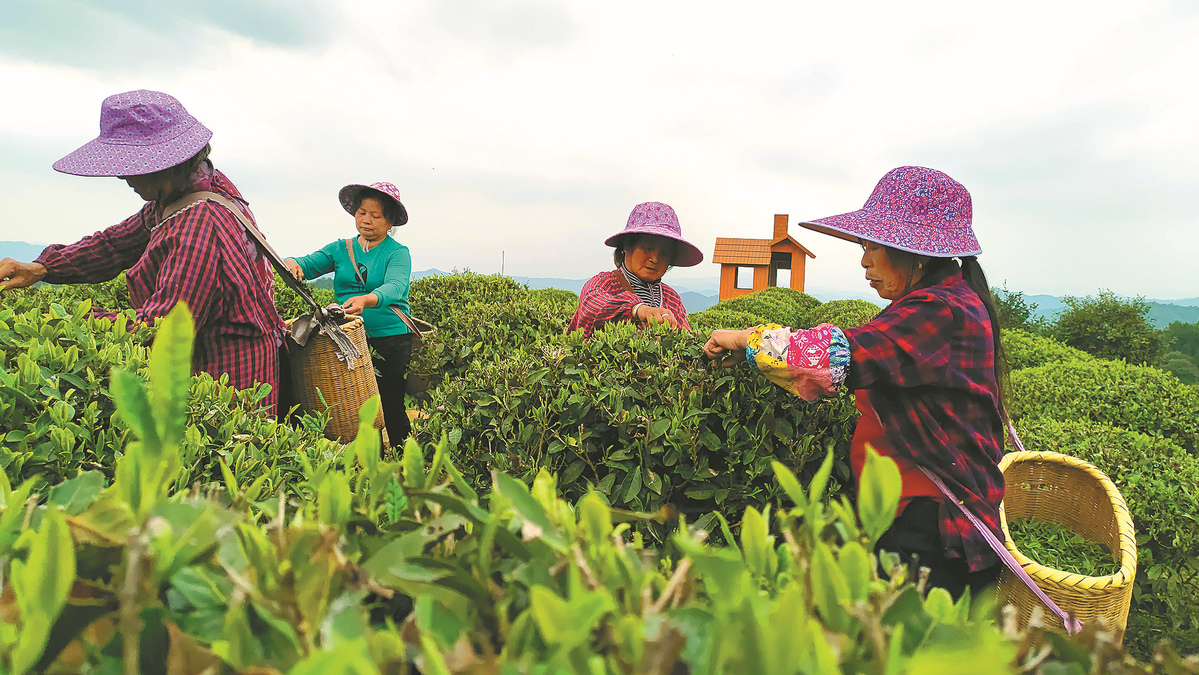County in Jiangxi turns idle rural assets into profitable pastures
Huichang draws on collectives' innovations, modernization push to drive vitalization


Practical solutions
This brought together hundreds of local governments to address a practical problem: What could villages do to achieve this?
Pan Jincheng, the secretary of the Communist Party of China Huichang county committee, formed a team to research rural vitalization.
After several months of research and visits to rural households, they identified that a number of assets, such as farmland and factories in many villages, were lying idle.
"China's efforts to alleviate poverty have successfully eliminated absolute poverty and addressed the deficiencies in infrastructure and public services in villages, resulting in the accumulation of substantial assets for the village collectives. Unfortunately, many of these assets had not been fully utilized, and even been neglected," Pan said.
During the poverty alleviation period, local governments and social organizations invested significantly in projects such as greenhouses, affordable housing, photovoltaic facilities, and farmland water conservancy facilities.
These assets had accumulated over the years of poverty alleviation achievements and could also form the material foundation for the comprehensive vitalization of rural areas, Pan said.
"Therefore, we decided to revitalize these assets, find a good operational model, and support rural vitalization," he said.
The first objective was to put the idle lands into use by village cooperatives. The cooperatives began by signing custody and transfer agreements with rural households that held idle land.
The land was then leased as consolidated plots to prominent businesses and large farming households, which collectively organized planting. Landowners can earn a share of the profits under the agreements.
Rao is one such large household. Apart from cultivating rice on the leased farmland, he also engages in rice breeding. He stays busy tending to his crops throughout the year.
Currently, village cooperatives and farmers in the county have signed custody agreements for over 60,000 mu (4,000 hectares).
To effectively manage village assets, Huichang formed the Zhenxing Agricultural Industry Group. The company is driven by county-wide coordination, leadership from State-owned enterprises, and a "five-party operational system" to promote rural vitalization.
"The five-party operational system mainly involves cooperating and coordinating five aspects. The Zhenxing group is one of the parties, with subsidiary companies set up in each town, where village cooperatives participate as shareholders. Subsequently, leading enterprises can be brought in, and farmers receive dividends by investing resources such as land or getting jobs from local companies," Pan said.
"This not only enriches rural areas but also unites them, enhancing their resilience in the market. Most importantly, it enables large-scale agricultural production and coordinated farming-related services," he added.


















